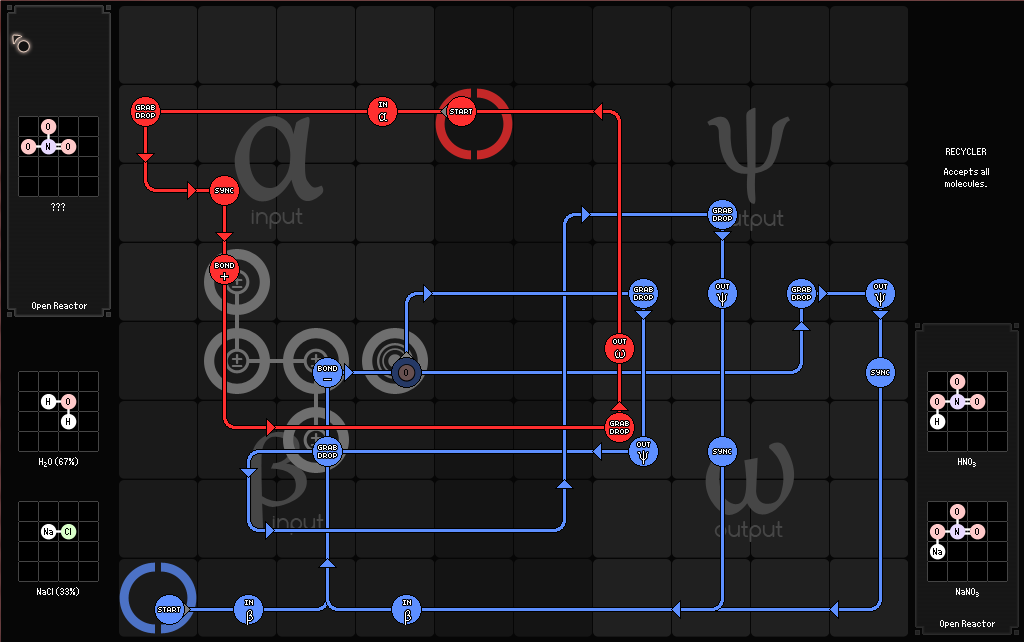

He's already shown the power of the Paladin's smites, and so restricting that by the Escalation Die seems like it would be fun. I think I'll introduce this to the campaign I'm running for my little brother. The restrictions ensure that you don't pull out your flashy abilities until later in the fight, which is nice narratively, but it's not all downside - the escalating bonus is just genuinely good, and helps protect against the "everyone misses several times in a row" runs of bad luck that sometimes happens. While most monsters don't pay attention to the Escalation Die (and thus the combat gets easier as it escalates), "boss" monsters do (so both parties hit more often).Īll in all, I just really like this concept.

To enhance the effect, you can tie the bigger, flashier class abilities to the Escalation Die as well - you can't use your highest level of spells, or your X/day abilities, or what-have-you, until the Escalation Die is at 3+ or something. This means their big, flashy attacks are best saved for a few rounds, to maximize their chance of succeeding - instead of nova-ing at the start of battle, you spend the time setting yourself up and beginning the engagement. The point of this is that when combat starts, players are less likely to hit, but after a few rounds, they have a substantial bonus. To compensate for this added bonus, all enemies get a +2 to their AC, so which is canceled out by round 3 of a combat. The players, then, get a bonus to all attacks, saves, and checks (and save DCs) equal to the current value of the Escalation Die. If things get dull (players being safe and defensive instead of pressing the attack), you can leave it at its current value, or even decrease it.

Each round thereafter, as long as the combat stays exciting, you turn it to the next number, maxing out at 6. After the first round of combat, assuming it was exciting, you put it on the table turned to 1. The basic idea is that there's a special d6, preferably a large, special-looking one, called the Escalation Die. One in particular I found extremely compelling, from a game called 13th Age, which was based on D&D but with a stronger focus on getting the mechanics to support the narrative. In the replies people had a lot of suggestions, often based on mechanics from games that explicitly have a stronger narrative focus, and which have crafted their mechanics to support it. D&D is about roleplay, but it's also a game, and we play games to win, so this conflict is frustrating. This creates a conflict of goals during scenes like combat - in stories, combat has a dramatic arc, with an opening, a build-up, and a climax where the characters pull out their strongest abilities in wargames, action economy rules everything, and you want to minimize overkill, so it's almost always best to blow your strongest moves immediately (the so-called "nova") and then mop-up whatever's left. But that's just one layer - the actual mechanics of the game, which drive the story, are descended from wargaming. When we play D&D, we pretend it's a narrative game, that we're telling a story.

A recent tweet from brought up a problem that I'd never consciously noticed before, but now realize that I've been constantly fighting against. I (as you probably know from my previous post and others on this blog) love D&D, and roleplaying games in general.


 0 kommentar(er)
0 kommentar(er)
